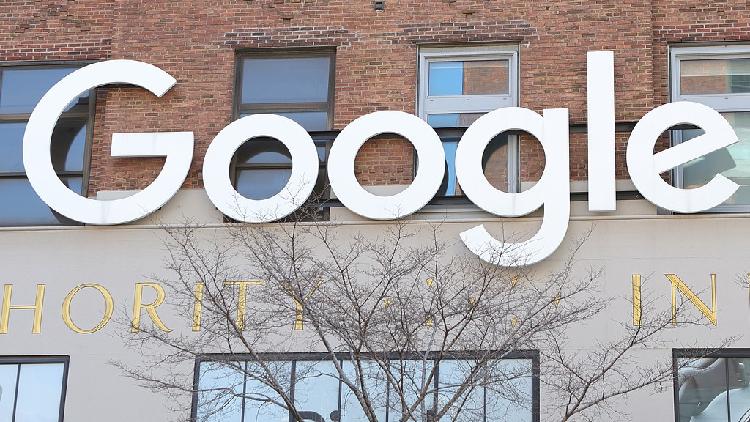Google Purchases Nuclear Energy from Kairos Startup to Meet AI Demands
On Monday, Alphabet's Google announced that it has finalized the world's first corporate agreement to procure power from multiple small modular reactors (SMRs) in order to satisfy its electricity needs for artificial intelligence (AI).

This agreement with Kairos Power aims to bring the first SMR online by 2030, with further deployments planned through 2035. The companies have not disclosed any financial details regarding the agreement, nor have they specified the locations in the U.S. where the plants will be constructed. Google has committed to acquiring a total of 500 megawatts of power from six to seven reactors, which are designed to be smaller than current nuclear reactors.
Michael Terrell, senior director for energy and climate at Google, stated, "We feel like nuclear can play an important role in helping to meet our demand ... cleanly in a way that's more around the clock." This initiative comes as technology firms increasingly seek energy solutions to support the rising power demands driven by artificial intelligence.
This year, several technology companies have forged agreements with nuclear power firms in response to increasing power requirements. In March, Amazon.com made a move by purchasing a nuclear-powered data center from Talen Energy. More recently, Microsoft and Constellation Energy entered into a power agreement to revive a unit at the Three Mile Island plant in Pennsylvania, the site of the most significant nuclear accident in the U.S. in 1979.
According to estimates from Goldman Sachs, U.S. data center power consumption is projected to nearly triple from 2023 to 2030, necessitating approximately 47 gigawatts of new generation capacity. The projections assume that natural gas, along with wind and solar energy, will help fill this gap.
Kairos will need to secure full construction and design permits from the U.S. Nuclear Regulatory Commission (NRC) and local authorities, a procedure that may take several years. Last year, Kairos received a construction permit from the NRC for a demonstration reactor in Tennessee.
Scott Burnell, an NRC spokesperson, remarked, "The NRC is ready to efficiently and appropriately review applications for new reactors."
SMRs are designed to be smaller than existing reactors, with components manufactured in factories rather than being assembled on-site, in an effort to lower construction expenses. However, critics argue that SMRs may prove costly due to the inability to achieve the economies of scale associated with larger plants. Furthermore, these reactors are expected to generate long-lasting nuclear waste, for which there is currently no established final repository.
By opting for an order book framework with Kairos rather than buying individual reactors sequentially, Google aims to signal demand to the market and make a long-term investment that could accelerate the development of SMRs. Mike Laufer, CEO and co-founder of Kairos, expressed confidence, stating, "We're confident that this novel approach is going to improve the prospects of our projects being delivered on cost and on schedule."
Mathilde Moreau contributed to this report for TROIB News
Discover more Science and Technology news updates in TROIB Sci-Tech












